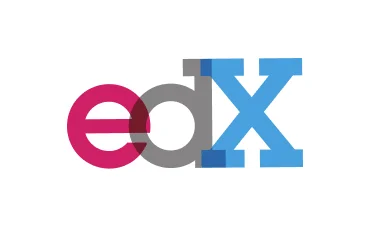When you enroll through our links, we may earn a small commission—at no extra cost to you. This helps keep our platform free and inspires us to add more value.

UBCx: AP® Psychology - Course 4: How Behavior Works
Learn about the theories of motivation and emotions and obtain an in-depth look at intelligence testing and personality development.

This Course Includes
 edx
edx 0 (0 reviews )
0 (0 reviews ) 6 weeks at 8-12 hours per week
6 weeks at 8-12 hours per week english
english Online - Self Paced
Online - Self Paced course
course UBCx
UBCx
About UBCx: AP® Psychology - Course 4: How Behavior Works
This psychology course is all about how behavior works. You will learn the theories of motivation, hunger, eating, the obesity epidemic, and sexual behavior. We will also examine theories of emotion and observe how developmental psychologists study phenomena across a lifespan.
We will explore cognitive development, the history of intelligence and testing, and the relationship between creativity and mental illness. The course concludes with in-depth coverage of the fields of personality psychology and social psychology.
This course includes video-based lectures and demonstrations, interviews with real research psychologists and a plethora of practice questions to help prepare you for that AP® Psychology exam.
This is the fourth in a six-course AP® Psychology sequence designed to prepare you for the AP® Psychology exam.
Additional Courses:
AP® Psychology - Course 1: What is Psychology
AP® Psychology - Course 2: How the Brain Works
AP® Psychology - Course 3: How the Mind Works
AP® Psychology - Course 5: Health and Behavior
AP® Psychology - Course 6: Exam Preparation & Review
What You Will Learn?
- theories of motivation and several motivated behaviors, such as hunger and eating and sexual behavior.
- theories of emotion, the expression of emotion and the physiological bases of emotion.
- developmental psychology, including coverage of emotional development, cognitive development, motor development, and personality development.
- psychological testing and the history of intelligence testing, as well as creativity and the relationship between mental illness and creativity.
- the fields of personality psychology and social psychology.